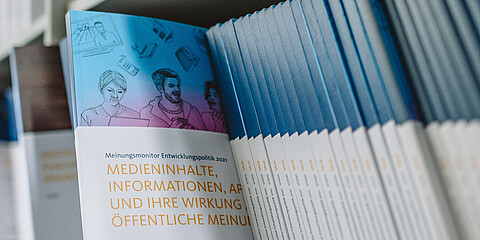In December 2021, the new German federal government announced a feminist foreign policy in its coalition agreement. This concept aims at strengthening the rights, representation and resources of women and marginalised groups, and at fostering the recognition of diversity. In the same vein, Germany’s Ministry for Economic Cooperation and Development (BMZ) announced its plans to pursue a feminist development policy. While the German government considered this an innovation and a timely contribution to global gender equality, criticism emerged instantly, for example, by the party whip of the Christian Democratic Union/Christian Social Union (CDU/CSU) faction, Friedrich Merz, in the Bundestag.
Turning to feminist development policy specifically, opinion polls indicate that the general public, on average, has a sceptical perception of this concept. What remains unclear is who supports a feminist development policy.Against this backdrop, we analyse survey data from January 2023 to find out what role political orientation, gender and awareness of the concept play in explaining public support for Germany’s feminist development policy.
Bibliographische Angaben

